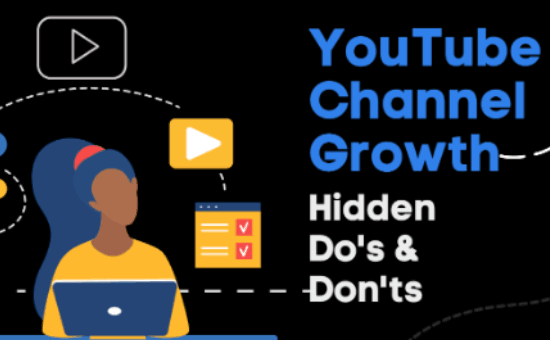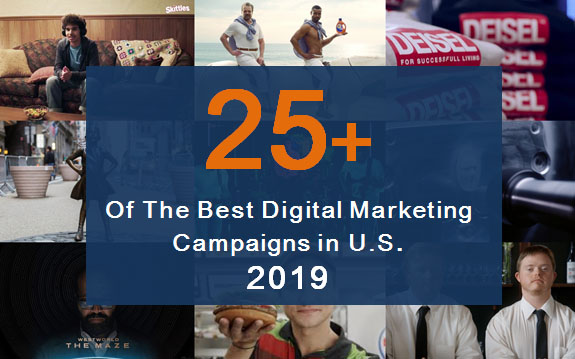Ethical SEO: Understanding and Avoiding Black Hat Tactics
Growth Hacking | Nov 30, 2023
SEO’s main aim is to get you noticed. Right? Well, yes, but not by any and every means possible. Maintaining your ethics is important! However, as the world becomes incredibly competitive and the internet becomes larger yet somehow seems smaller at the same time, this can become difficult to do. Is ethical SEO even possible to achieve in 2023?
We believe that not only ethical SEO is possible but it is intrinsic to the SEO metrics that matter and that achieve SEO Success.
What is Ethical SEO?
It’s a tale as old as time— good versus evil. While that’s certainly a simplification, ethical SEO is what you’re probably imagining. Essentially, white hat SEO is ‘good’ SEO, while black hat SEO is ‘bad’ SEO.
By bad, we don’t necessarily mean ineffective— we mean unethical. In contrast, white hat SEO is ethical SEO.
What Does Ethical SEO Look Like?
Ethical SEO aims to exude authenticity and integrity. It does this by making a commitment to its digital presence and holding the user experience above all else, including any monetary gain (if it needed to choose one or the other).
It focuses on helping users find what they’re looking for quickly and easily, allowing websites to gain a positive reputation.
Ethical SEO, or white hat SEO, uses techniques and strategies that value the human experience of using the internet. It prioritizes this over the almighty algorithms and their robots, even though the algorithm may help them reach more people.
Essentially, ethical SEO is about reaching quality users who are genuinely seeking their products or services, rather than getting clicks that feed egos and wallets. By doing this, ethical SEO helps a business create genuine value and establish trustworthiness among its current and potential customers and website visitors.
What Strategies Does Ethical SEO Employ?
Ethical SEO is more than just one singular approach— it’s a combination of tactics that combine to create a strong foundation for the business. Tactics used in ethical SEO include:
- Creating quality content that answers questions in users’ minds, entertains the user, and/or solves the problem they’re looking for the answer to.
- Optimizing on-page elements like title tags, headers, descriptions, images, and alt-text helps users achieve what they landed on the page for while also helping search engines understand the content on the page.
- User-friendly design that works well on a variety of devices including laptops, cell phones, and tablets, and that is easy to navigate (and loading quickly is a bonus!).
What is Black Hat SEO?
If your website isn’t performing optimally and reaching the goals you want it to, it can be tempting to venture into the shadows of black hat SEO. This is a path some take in an effort to break rules and infiltrate search engines to promote their business, taking away from the genuine efforts of others.
Essentially, black hat SEO is optimizing a website specifically for search engines, rather than human users. Similar to real-life applications like get-rich-quick schemes, black hat SEO values quick success over genuine effort.

What are Black Hat Tactics?
Some black hat tactics include:
- Keyword stuffing and over-optimization, where people add in keywords wherever possible, even if it doesn’t quite make sense in context. Even if you’re brand new to SEO in general, you’ve likely seen this tactic used before and recognized how out of place it sounds! This tends to give the website an untrustworthy or unreliable feeling to the human user.
- Hidden text, where either links or non-linked words or singular letters (or numbers) are ‘cloaked’ and hidden from users so that search engines still pick them up, but they’re not visible to the human eye. This gives off an air of dishonesty.
- Link farming, where people buy links from websites that are low-quality, unrelated to theirs, or both. This is very different from backlinking, which is genuine and useful— link farming violates search engine guidelines and is deceitful.
- Content scraping and duplicating content, where content is outright copied from elsewhere. This can be from competitors, similar businesses on the other side of the world, or even from their own content. Duplicate content, even if it was originally written for that website but then placed on two pages on that site, can decrease a website’s credibility and hurt its ranking.
- Clickbait, which is surely something we’re all familiar with by now! Whether it’s celebrity gossip or a news or health alert, websites have been using clickbait for years to get people to access their links. They write and publish sensationalized content and use theatrical, dramatic, and over-the-top headlines designed to attract attention. However, many users are aware of this tactic and are becoming more wary of it.
What are the Consequences of Black Hat SEO?
Black hat tactics typically offer faster success, but they can come at a price. These include:
- Search engines may penalize them by demoting them and reducing their ranking, or even removing them altogether.
- Users lose trust in the website and/or the company as a whole, and possibly tell others about the experience, leading to a damaged reputation.
- Giving users a negative user experience, making them less likely to return to the website.
- Wasting resources that could have been spent on ethical SEO that lasts, rather than ‘quick fixes’ that ultimately cost more money than they make.
- Legal consequences, especially in regard to copyright infringement, plagiarism, and so on.
- Damaged partnerships if people or companies they work with find out, putting a strain on or even ending professional relationships altogether.
Stay Ethical in a Competitive Landscape
Once you’re aware of black hat tactics, it’s easy to recognize them when you see them. And, of course, it means that you can avoid them yourself! If you’ve ever accidentally used them in the past, make sure you forgive yourself— as long as you don’t use them anymore, that is! Even if it’s tempting to use black hat tactics, remember that the high road is always the best place to be.






